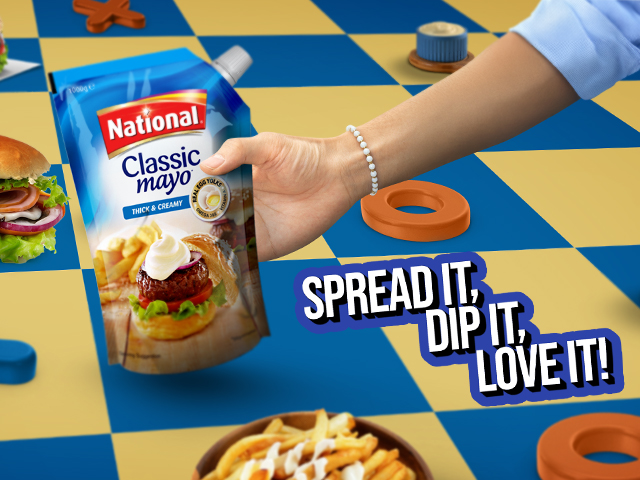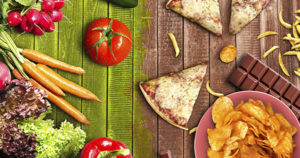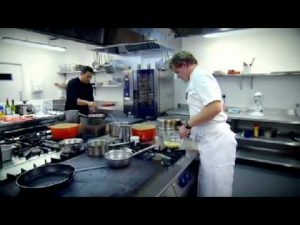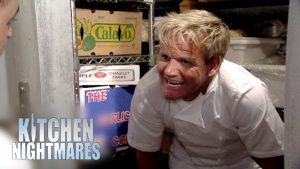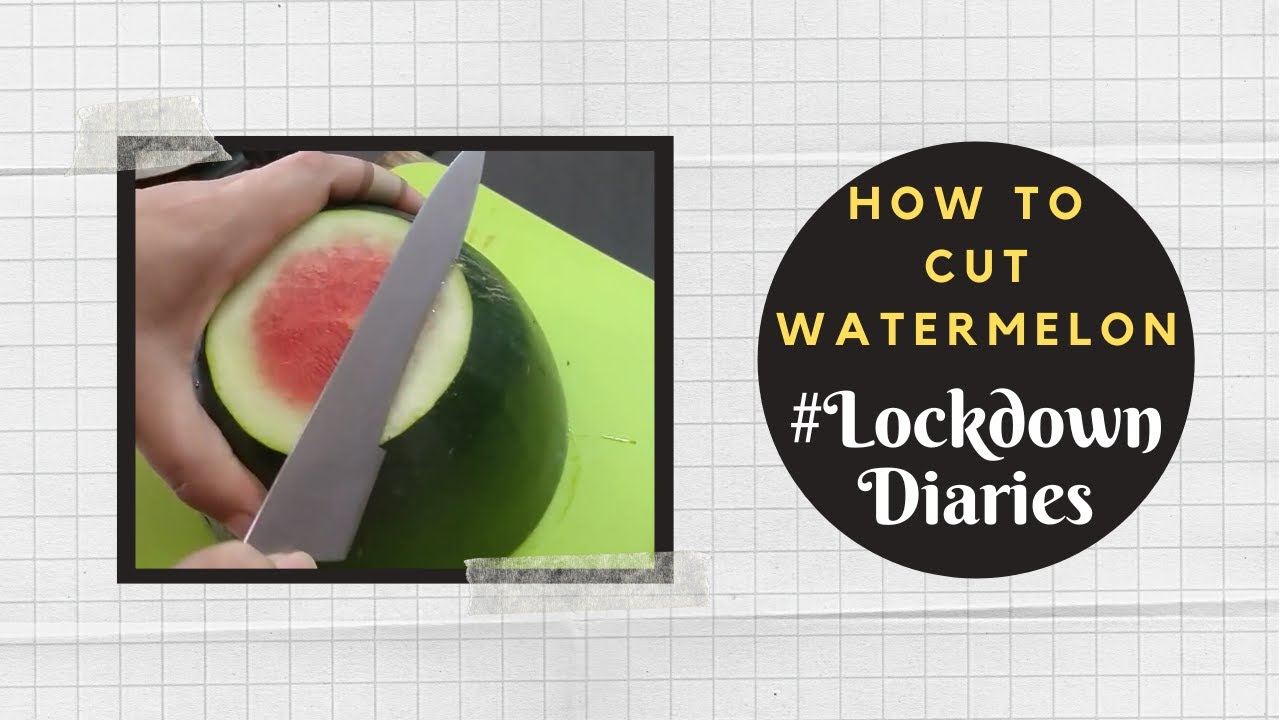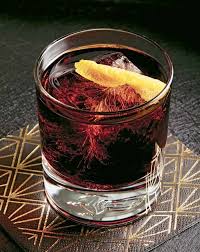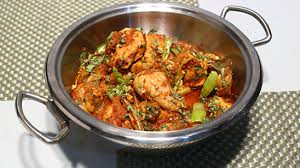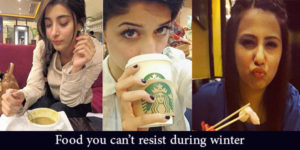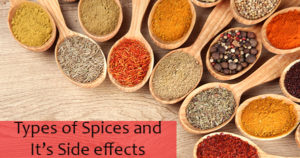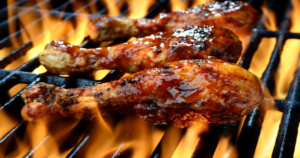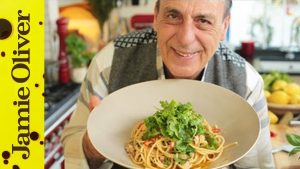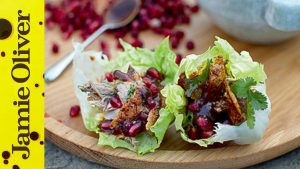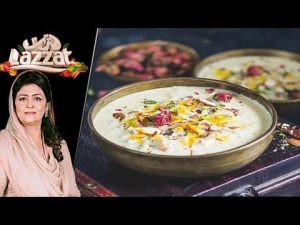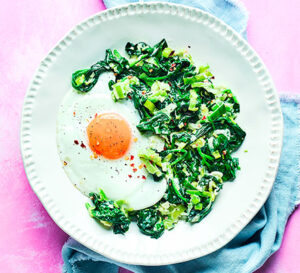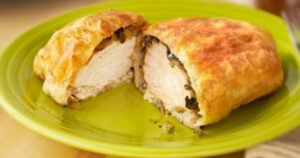Food is apparently one way of consigning people into categories. If steamed rice is part of your dinner more than once a week, then apparently you are deemed a Hyderabadi. Have a fondness for cholay and/or saag? You must be Punjabi. And if you eat a lot of fish, be prepared, for you will inevitably be asked in hushed tones by at least one busybody “are you Bengali?”
Pakistanis, we all know, are a prejudiced lot. However much we may deny it, the fact is that we judge people by how fair they are, how rich they are, what size house they live in and also, as I recently discovered, what kinds of food they eat.
Here are some myths about food in Pakistan:
- Milk and fish are a dangerous duo:
Our mothers, grandmothers and their mothers have all told us that drinking milk with or after eating fish can have harmful side effects, including a peculiar kind of skin disorder. There is no factual evidence to prove that drinking milk or having dairy products immediately after eating fish can be harmful or could result in patches or pigmentation of the skin. Scientists and doctors agree that eating fish and milk together does not pose any risk of vitiligo or skin disease.
2. Eggs are bad for your heart:
You may have been told by older relatives that having too many eggs will raise your cholesterol and therefore can be bad for your heart. However, doctors recommend including eggs in your diet every day. Eggs do contain cholesterol, but the cholesterol from eggs doesn’t impact significantly enough on blood levels to affect your health.
3. Adding salt to your pot of water will make it boil faster:
One of those food myths that just won’t die, adding salt to your pot of pasta water will not actually make it boil faster. In order to change water’s boiling point appreciably, you would have to add so much table salt (and dissolve it completely) that the resulting salt water would be nearly inedible. However, the salty water will make your pasta taste better.
4. Caffeine Caffeine:
Many parents only let their kids drink Coke, Pepsi, or other sugary drinks on special occasions. Most parents never let their children drink coffee or chaibecause it is believed that drinking caffeinated drinks stunts the growth of a child. Too much caffeine lead to other health problems, but it has proven to not have any effects on growth patterns.
5. Sugar makes kids hyper:
Many parents swear that a bit of candy holds the power to morph their sweet, polite child into a crazed monster that lurches around voicing eardrum-piercing shrieks. According to comprehensive studies, no substantial evidence exists to support the claim that sugar causes hyperactivity. Since sugar is quickly absorbed into the bloodstream, your blood sugar rises quickly, which can lead to higher adrenaline levels. Hyperactivity is usually in the parent’s head.
6. Energy drinks give you energy:
Many people drink energy drinks to stay up late to cram, to start their day, or to become more energized. However, the sugar in energy drinks will give you a short burst of adrenaline and the caffeine will prevent drowsiness for a short period. Unfortunately, you will not gain any real energy.
7. Vitamin C saves you from a cold:
You might want to stop chugging all that vitamin C to cut down on sick days. Experts find little to no impact of using vitamin C to prevent or treat a cold. Some researchers have suggested that taking 200 milligrams of vitamin C every single day of the year (not just on days when you’re sick) may make cold symptoms go away about one day sooner – but you’re better off fighting a cold the old-fashioned way.
8. Eating ice cream makes a sore throat worse:
Our parents often warn us not to eat ice cream and other cold treats when we have a bad throat. However, because ice cream is so cold and soft, it can actually help soothe your throat and get rid of the irritation briefly, by reducing inflammation. Plain flavors of ice cream with a smooth consistency work best to soothe a sore throat.

